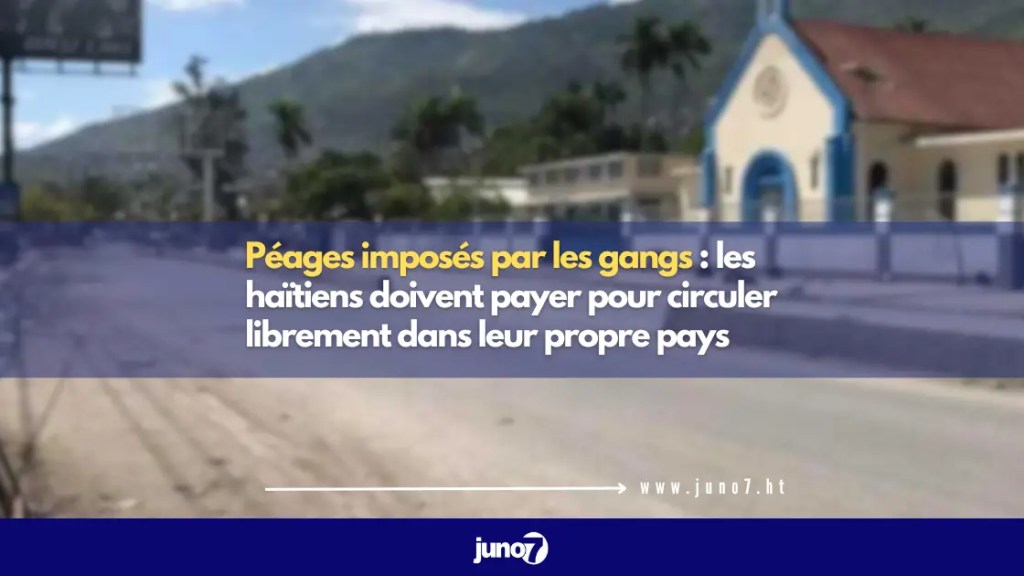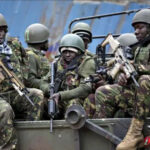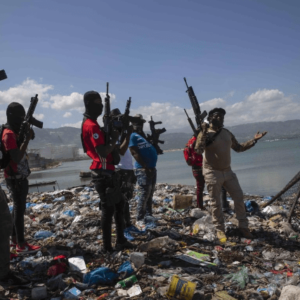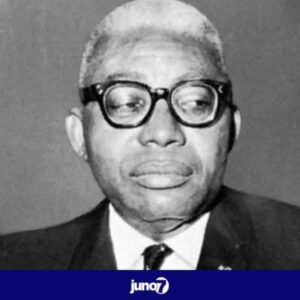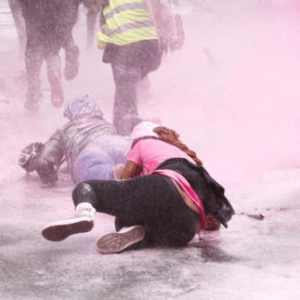Tolls imposed by gangs: citizens must pay to travel freely in Haiti, particularly in the capital.
In a context where insecurity and violence plague the daily lives of Haitians, a form of terror is taking hold: tolls imposed by gangs. This phenomenon, which has been on the rise recently, forces citizens to pay exorbitant sums to move freely in their own country, and particularly in the capital, Port-au-Prince.
For several years, the security situation in Haiti has continued to deteriorate. Armed gangs, taking advantage of the institutional vacuum and the weakness of law enforcement, have taken control of several neighborhoods and strategic roads. In these areas, criminals impose tolls, forcing citizens to pay sums of money in order to travel.
According to a recent report by the National Network for the Defense of Human Rights (RNDDH), armed gangs have established at least thirteen clandestine toll booths, imposing ransoms on citizens on the main roads of the capital and in other regions of the country.
Motorists, transporters, and even pedestrians are forced to pay under threat of physical violence or reprisals. “Every day I have to pay for the journey. It has become unbearable,” a bus driver told Juno7. “If I refuse to pay, not only can they steal my bus, but they can also kill me or kidnap me and the passengers. I do not have a choice”.
Marie (not her real name), a trader, shares a similar sentiment. “To get my goods in the South, I have to cross several roadblocks manned by gangs. Every time I have to give money. This significantly reduces my profits and jeopardizes my business.”
The consequences of this situation are multiple and disastrous. Tolls imposed by gangs hinder the free movement of people and goods, directly affecting the local economy. Transportation costs are rising, prices of food and consumer goods are soaring, and business activities are slowing.
The RNDDH specified the exact location of these thirteen toll booths in its report, detailing their geographical distribution. In Port-au-Prince, three toll booths have been installed: one at Ruelle Alerte, near the Port-au-Prince cemetery, another in Martissant, and a third in Fontamara. In the town of Cité Soleil, three other stations have been set up at the exit of Terminal Varreux, in La Saline and in Drouillard.
National roads are not spared from this illicit practice. On national road #1, two posts were erected in Titanyen and between Saint-Marc and Gonaïves. National road #2 also has two checkpoints, located in Paloma near the Carrefour cemetery and in Mariani. National road #3 is affected by a post at Onaville 12, while a post has been installed on national road #5 between Gros Morne and Port-de-Paix. Finally, another toll booth was identified on national road #8, in Calvaire, Croix-des-Bouquets.
Faced with this situation, the Haitian authorities seem helpless. Law enforcement, often under-equipped and understaffed, struggles to restore order and secure areas controlled by gangs. Ad hoc initiatives to dismantle these armed groups prove insufficient and leave room for rapid reoccupation of the territories.
While waiting for an effective response from the authorities and the arrival of the multinational force in Haiti, fear and frustration continue to grow among the inhabitants of Port-au-Prince and other affected regions.
Read also :
Haiti: main international airport reopens after more than two months of gang violence




